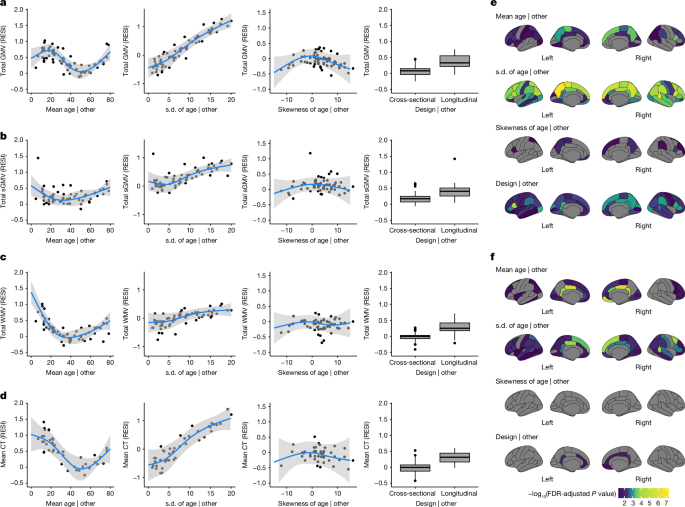
- Select a language for the TTS:
- UK English Female
- UK English Male
- US English Female
- US English Male
- Australian Female
- Australian Male
- Language selected: (auto detect) - EN
Play all audios:
It’s strange that after so many weeks and months and years of Boris Johnson being all over the British media, he’s suddenly gone so quiet. Perhaps it’s because the _Telegraph_ no longer
injects those enormous “Boris writes!” front page headlines into the national bloodstream. Perhaps it’s because the election’s over. Or perhaps it’s something else. Johnson is a very gifted
performer, the sort who can think quickly on his feet, summon up a decent gag, and who likes the sound of his own voice. What it adds up to is a man who’s very good at political campaigning,
someone for whom the glib stuff of the election trail rolls off the tongue in a happy splurge of jaunty, dinner party-style badinage. In a very different way, Johnson’s right hand man/geek
Dominic Cummings is also a born campaigner. But his gifts are less intuitive and more analytical. For Cummings, the world of politics is something to be decoded and his wonkish insights were
central to both the Leave campaign and Johnson victories. He may not be to everybody’s taste, but Cummings is, like his boss, good at winning votes. But Johnson and Cummings aren’t
campaigning any more — or at least Johnson isn’t. Or at least, he shouldn’t be. His job is to govern, a wholly different skill, and there is no evidence yet to suggest that Johnson can do
it. But Johnson does seem to shifting in some ways. It was interesting to see the initial reaction when Cummings issued his frankly absurd job ad, calling for bright young things to apply to
work in Downing Street. It was a deeply strange hodge-podge of passive aggression, arrogance and insecurity, generously larded with showy references to various scientific theories, which
Philip Ball recently described in these pages as resembling “the efforts of a rookie post-grad.” But more interesting than the ad itself was the internal reaction it triggered. There was no
big bust-up in No10. Instead the word was quietly put out that the ad should be ignored and that Cummings was to have no part in recruiting new bods to work for Johnson. And that was that.
This slapping down suggests that Johnson now sees the limitations of his pseudy campaigner-in-chief and that he recognises the limitations of what Cummings can now offer. By coincidence, one
of the papers cited in Cummings’s ad was “On the frequency and severity of interstate wars,” by the US academic Aaron Clauset, in which the author claimed that, “the frequency and severity
of deadly ‘quarrels’ of all kinds, from small-scale events like homicides to large-scale events like interstate wars, followed universal statistical patterns.” Well, in the standoff between
the US and Iran we have the early stages of what could quite possibly become a very nasty interstate war. The construction of a statistical model showing the probability of that happening is
one thing. The ability to come out with helpful, practical recommendations about how the UK should respond is quite another. You can read all the books you like on Bayesian probability
theory, none of them will tell you the first thing about foreign policy. In the event, the Iran situation has left Johnson looking like a rank amateur. The crisis broke when he was still on
holiday in the Caribbean, but he was apparently too uninterested in the potential outbreak of war in the Middle East to consider shortening his vacation. Perhaps he thought that, even if he
did return there would be little he could do to influence events. If so, he didn’t say. But then an argument based on his own irrelevance would be unlikely to appeal to Johnson. In the event
it was left for Dominic Raab, the Foreign Secretary and arch-Brexiteer, to call weakly for calm on both sides and to seek meetings with his French and German counterparts to discuss the
crisis. Johnson’s first serious challenge as Prime Minister has been a complete failure. He was not given advance warning of Soleimani’s assassination and he has played almost no role in its
aftermath. Trump’s few warm words about Johnson’s election victory seem now to be of little account — he just doesn’t see the UK as part of the picture. This should stand as a sharp
corrective to the rather blasé assumption, popular among Brexiteers, that Trump is in the mood to give Britain a juicy post-Brexit trade deal. If the Iran fiasco shows anything, it’s that no
one can tell what mood Trump is in or what he is likely to do next — not even Trump. A big, generous trade agreement? Forget about it. Johnson’s challenge is to transform himself from
campaigner into governor and everything we’ve seen of him so far suggests there’s a lot of transforming left to do. But what if he doesn’t get there? What if it turns out that Johnson is
nothing more than he appears to be: a slick charmer with a nice turn of phrase but essentially devoid of any ideas, aims or ambitions other than those bound up with his own self-promotion?
He doesn’t have long to get into prime ministerial gear. Economic figures released yesterday show that the UK economy is contracting at an alarming rate. That, combined with deep
geopolitical uncertainty and the looming prospect of the next round of Brexit negotiations, make for a formidable array of challenges. And as yet, there is no indication that the man in No10
is up to the job. On current form, it appears he isn’t. And if that’s the case, Johnson is heading for catastrophe.








